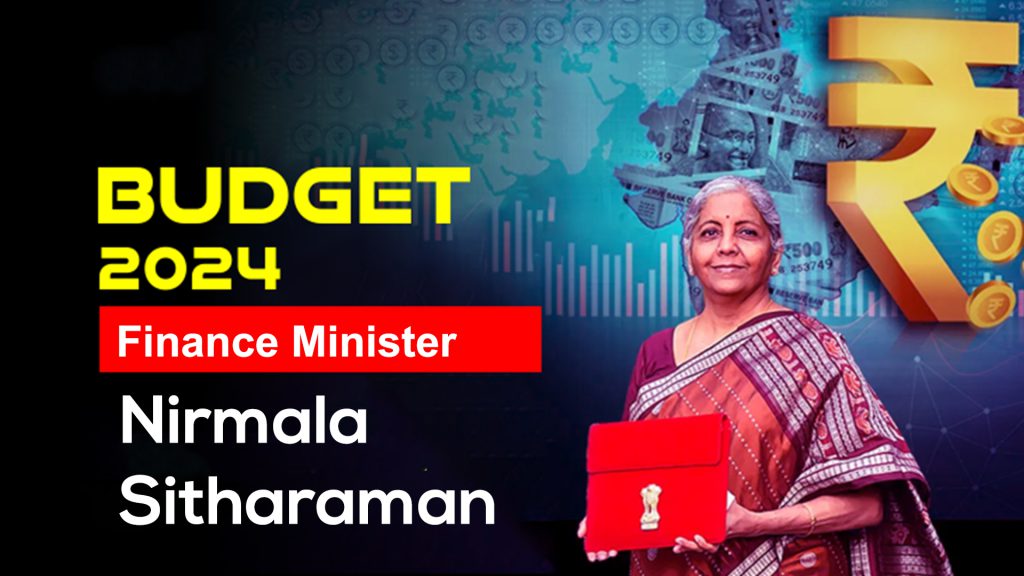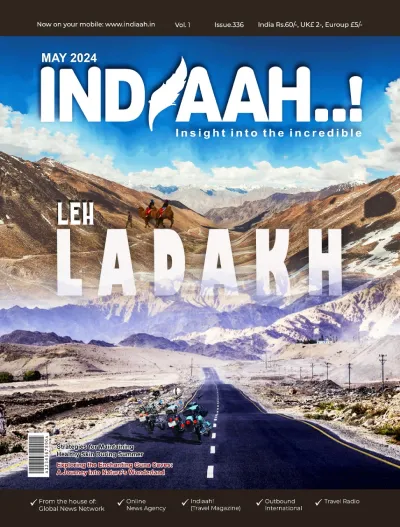
Finance Minister Nirmala Sitharaman is set to present the Union Budget 2024-25 on July 23, her seventh budget. As various sectors anticipate key reforms, the tourism and hospitality industry is particularly hopeful for measures that will boost growth and provide much-needed relief. Industry leaders have expressed their expectations and suggestions for the forthcoming budget, underscoring the sector’s potential to significantly contribute to India’s GDP and employment.
Kush Kapoor, CEO of Roseate Hotels & Resorts, emphasized the critical opportunity the budget presents for the hospitality sector. “The forthcoming budget offers a vital chance for the hospitality sector as we believe this is the Golden period for the Indian Tourism Industry in case we are able to make the Best use of this opportunity,” he said. Kapoor urged the government to announce industry status for hotels and lower the GST rate from 18% to 12%, aligning it with international standards. He explained, “This combined advantage will stimulate investments, enhance tourism, and generate job opportunities. The much-needed industry status will enable much easier access to cheaper loans for expansion and development.” Kapoor also called for a single window clearance for approvals and the leasing of old properties like Havelis and hotels through a Public Private Partnership (PPP) model to benefit the tourism industry. He added, “Given the industry’s substantial contribution to India’s GDP and foreign exchange earnings, we believe these steps will drive economic growth and position India as a more competitive tourism destination.”
Pradeep Shetty, President of the Hotel and Restaurant Association (Western India) – HRAWI, echoed similar sentiments, highlighting the sector’s substantial economic impact. “We believe that tourism and hospitality, accounting for around 10 percent of India’s GDP, should be declared a priority sector,” Shetty stated. He called for granting infrastructure status to hotels and convention centers with project costs of Rs 10 crore and above to attract investments and accelerate growth. Shetty also pointed out the high GST rates in the hospitality sector, which he argued make tourism expensive. “We urge the abolition of the 18 per cent GST category for hotels with room rates above Rs. 7500/-, merging it with the 12 per cent GST category to boost both domestic and inbound tourism,” he said. Shetty further emphasized the need for ease of doing business through a national e-single window clearance system for hotels and restaurants and accessible credit at affordable rates. He advocated for allowing hotels to levy IGST to streamline the GST chain and boost inter-state corporate demand. Shetty concluded by stressing the importance of creating a level playing field among all accommodation providers, including B&Bs, guest houses, and short-term rentals.
Madhavan Menon, Executive Chairman of Thomas Cook (India) Limited, highlighted the Travel & Tourism sector’s economic significance. “The World Travel & Tourism Council (WTTC) projects that Travel & Tourism will contribute almost INR 21.15 trillion to India’s GDP in 2024, a marked 21% above 2019 levels,” Menon said. He pointed out that the sector is expected to generate 2.45 million jobs this year, representing one in every 11 jobs in the country. Menon outlined several key expectations from the Union Budget, including the priority of setting up new airports via private participation, rapid expansion in rail, road, and waterways infrastructure, and the development of high-growth areas like religious circuits and underleveraged destinations such as Lakshadweep. He also advocated for the revival of the inbound incentive scheme for select destinations, reduced income tax levels to increase disposable income, annual LTA exemptions to boost domestic tourism, and lowering the TCS to 1% or standardizing it at 5% for foreign travel packages.
As the industry awaits the Union Budget 2024-25, these leaders’ suggestions reflect the sector’s potential to drive economic growth and position India as a leading global tourism destination. The government’s response to these expectations will be closely watched, as it could pave the way for a more robust and competitive tourism and hospitality industry in the country.


